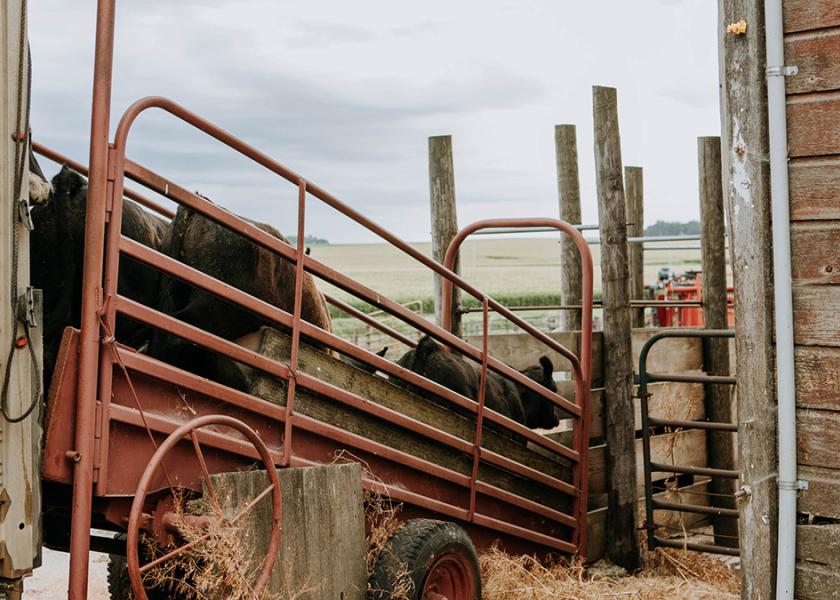New Custom Rates For Livestock Services Published

Nebraska cattlemen should expect to pay an average of $9.50 per ton for custom harvesting and hauling of corn silage this fall, according to a new report from the University of Nebraska-Lincoln's Center for Agricultural Profitability. Harvesting, hauling, filling and packing corn silage was found to have a custom rate of $13.58 per ton.
Current rates for custom services related to livestock production in Nebraska are the result of a statewide survey circulated to custom operators and clients in early 2023. The livestock-specific survey reports rates for 53 custom services based on responses from 91 custom operators and clients.
This is the first such livestock-specific report conducted by the Center for Agricultural Profitability, which is a companion to the biennial Nebraska Farm Custom Rates Survey Report that features more detailed information about custom service rates related to cropping operations and is typically published in even-numbered years.
A webinar covering the new livestock-related report will be held at noon Central Time on Thursday, Aug. 3. Registration is available at go.unl.edu/cap8-3.
Among the various custom rates, for instance, swathing hay with crushing/crimping saw an average price of $143.50 per hour reported by 12 respondents, with the most common price as $150 per hour. The same task saw an average price of $16.23 per acre by 31 respondents, with the most common price of $15 per acre.
Glennis McClure, Nebraska Extension educator and farm and ranch management analyst, leads the survey and publication efforts for both reports. She noted that information reported in both publications is intended as a guide when calculating what to charge or pay for custom operations and that actual rates may vary from those listed in the survey due to differences in the operators responding and those providing services across the state.
Baling large round bales was quoted at $14.46 per bale without net wrap, according to 12 responses. Baling large round bales with net wrap was quoted at $15.32 per bale by 44 respondents.
The report quoted six respondents with an average price of $105.83 per acre for clearing cedar trees, and the most common price was $125 per acre.
The full report can be found here.







